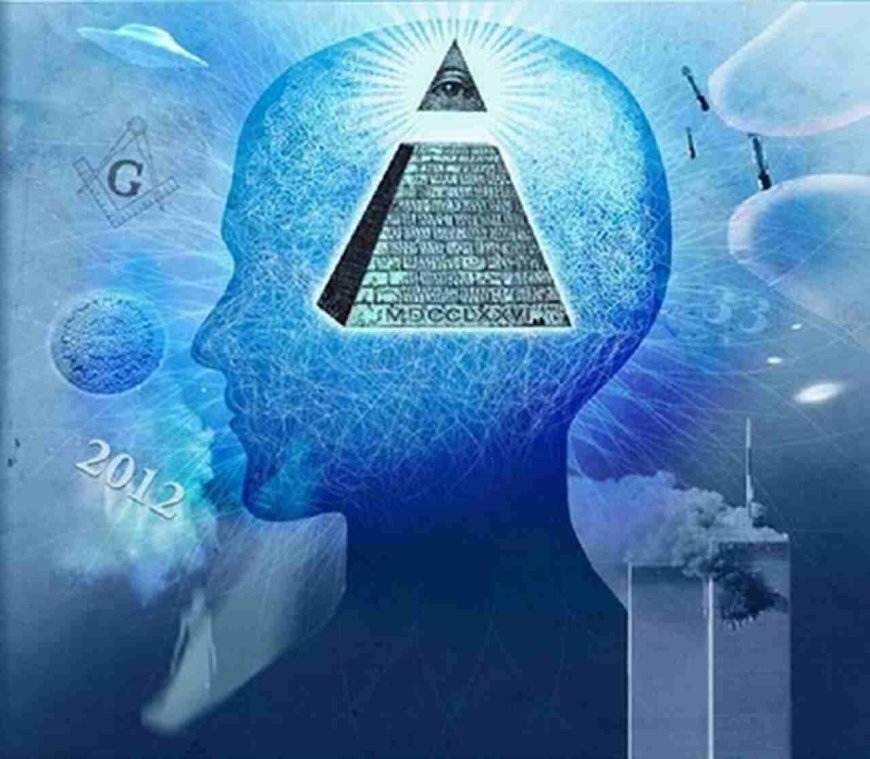New World Order
Find out what the new world order will be

New World Order Definition and Concept
“New World Order” is a term that often comes up in the context of conspiracy theories, international politics and changing global power balances. Essentially, it refers to the idea that there are plans or actions to establish a single global government or system of governance that would control all aspects of life on earth. Although the concept is sometimes used in different contexts, it is often associated with conspiracy theories that suggest the existence of secret influential groups seeking to take control of the world.
History and background
The concept of a new world order has its roots in history and international politics. After the First and Second World Wars, the term was used in the context of the creation of international organizations, such as the League of Nations and the United Nations, which aimed to prevent further global conflicts. In this context, the new world order referred to the drive to establish a more organized and peaceful international order.
New World Order in Conspiracy Theories
Today, the term “new world order” is often associated with conspiracy theories. Proponents of these theories claim that there are hidden elites, such as Freemasonry, the Illuminati or global corporations, which allegedly seek to dominate the world through economic, political and social manipulation. These theories often contain elements of anti-globalism and fear of losing national sovereignty.
Criticism and controversy
The concept of a new world order has attracted much controversy and criticism. Many people believe that conspiracy theories on the subject are based on disinformation, lack of evidence and prejudice. Critics point out that the promotion of such theories can lead to distrust of international institutions and democratic processes, as well as social divisions.
The role of media and technology
Media and new technologies play a significant role in disseminating and perpetuating theories about the new world order. The Internet, social media and video platforms facilitate the rapid dissemination of information, including disinformation and conspiracy theories. Therefore, it is important to critically approach information sources and verify facts.
Summary
The new world order is a complex concept that encompasses both historical aspirations for peace and international cooperation and contemporary conspiracy theories. It is a topic of much excitement and controversy, and understanding it requires a critical approach and analysis of the facts. It is important to approach this topic with an open mind, but also with caution and skepticism about unproven theories.
Disadvantages of the New World Order
The New World Order (NWO) is a concept that implies the existence of a global system of governance and control. While this idea has been the subject of many conspiracy theories, it is worth looking at the potential drawbacks it could carry if it were actually implemented. Here are some of the main concerns:
1. Loss of National Sovereignty
One of the biggest drawbacks of the new world order is the potential for individual states to lose their sovereignty. Centralization of power could lead to a situation where decisions made at the global level would not take into account the specific needs and interests of individual countries.
2 Limiting Individual Freedoms
The introduction of a global surveillance and control system could lead to significant restrictions on individual freedoms. Monitoring of citizens, control of the media and curtailment of the right to free speech are often cited as potential threats of the NWO.
3. Economic Inequality
One of the arguments against the New World Order is the potential for deepening economic inequality. The centralization of economic power could lead to a greater concentration of wealth in the hands of a small group of elites, ultimately widening the gap between the rich and the poor.
4 Threat to Democracy
The introduction of a global order could also pose a threat to democracy. Decisions made by independent global institutions could be divorced from democratic scrutiny and transparency, weakening the influence of citizens in decision-making processes.
5 Cultural Homogenization
Globalization and homogenization of cultural norms under the new order could lead to a loss of cultural diversity. Local traditions, languages and customs could be dominated by homogeneous global values.
6 Potential Social Resistance
The introduction of a new world order could be met with resistance from societies that fear change. Protests, resistance movements and social unrest could be a response to the imposition of global rules and norms.
In conclusion, while the idea of a New World Order has been the subject of much controversy and speculation, it is worth looking at the potential risks that its implementation could bring. These drawbacks show that centralization of power and global governance could present numerous challenges and threats to societies around the world.



















